Brussels Calling
The Creative Europe Programme is the European Union's main source of funding for the cultural and creative sectors. It supports initiatives that preserve cultural diversity, encourage cross-border cooperation and strengthen Europe’s cultural heritage. Since its inception, the programme has provided invaluable support to filmmakers, artists, musicians, performing arts organisations and publishers throughout the EU.
The European Commission is reportedly considering streamlining the EU budget by consolidating various programmes within the new Multiannual Financial Framework (MFF). This includes a proposal to merge the Creative Europe programme with the Citizens, Equality, Rights, and Values (CERV) programme into a new “Values and Democracy” programme.
Nothing concrete as of now on this issue, no open dialogue, no discussions, no clear suggestions, no transparency, only “rumours” and “leaks”. According to our sources, this proposal did not come from Commissioner Glenn Micallef, but from the President of the European Commission herself, Ursula von der Leyen.
Ahead of the new MFF, Culture Experts and Officials react to speculation about a possible merge of the Creative Europe Programme with other EU programmes and what that would mean essentially for artists and for the EU cultural industry as a whole.
Stakeholders fear that this could dilute the organisation's unique focus on culture, potentially prioritising media initiatives — particularly those aimed at combatting disinformation — over dedicated cultural support.
EP's CULT Committee, Council and civil society all support the idea that Creative Europe should be a standalone programme.
Earlier in May, Culture Action Europe sent an open letter to President von der Leyen, sharing their position that the EU’s next MFF, expected in summer 2025, should maintain a standalone Creative Europe programme.
The letter clearly states that Creative Europe boosts the competitiveness of Europe’s cultural and creative sectors and encourages democratic participation in culture, and strengthens social cohesion. “Culture needs its own space and the freedom to do what it does best: unite, experiment, and envision futures,” the letter concludes.
At the same time, the Education, Youth, Culture, and Sport (EYCS) Council issued a statement calling for strengthening the Creative Europe Media Programme. “The film and audiovisual sector requires effective and sector-tailored EU funding programmes to safeguard its long-term resilience, competitiveness, and the vitality of Europe’s cultural and creative ecosystem,” the statement read.
All this turbulence has raised some eyebrows at the European Parliament. MEPs from at least four major political groups, including the chair, are clearly opposed to the idea of a merger. "I support the push by cultural practitioners and civil society organisations to preserve Creative Europe. It has been a hugely successful programme. Europe needs solid and sustainable funding for the cultural sector in the coming years. This means allocating a specific budget line to the sector in the next Multiannual Financial Framework,” said Nela Riehl, Chair of the CULT Committee, in an interview with Creatives Unite.
Creative Europe has been the lifeblood for artists, creators and cultural professionals all over Europe. […] “Culture cannot become solely a means to an end, but must remain independent to flourish,” Riehl added.
Bogdan Zdrojewski: “Creative Europe is backed by well-functioning practices”
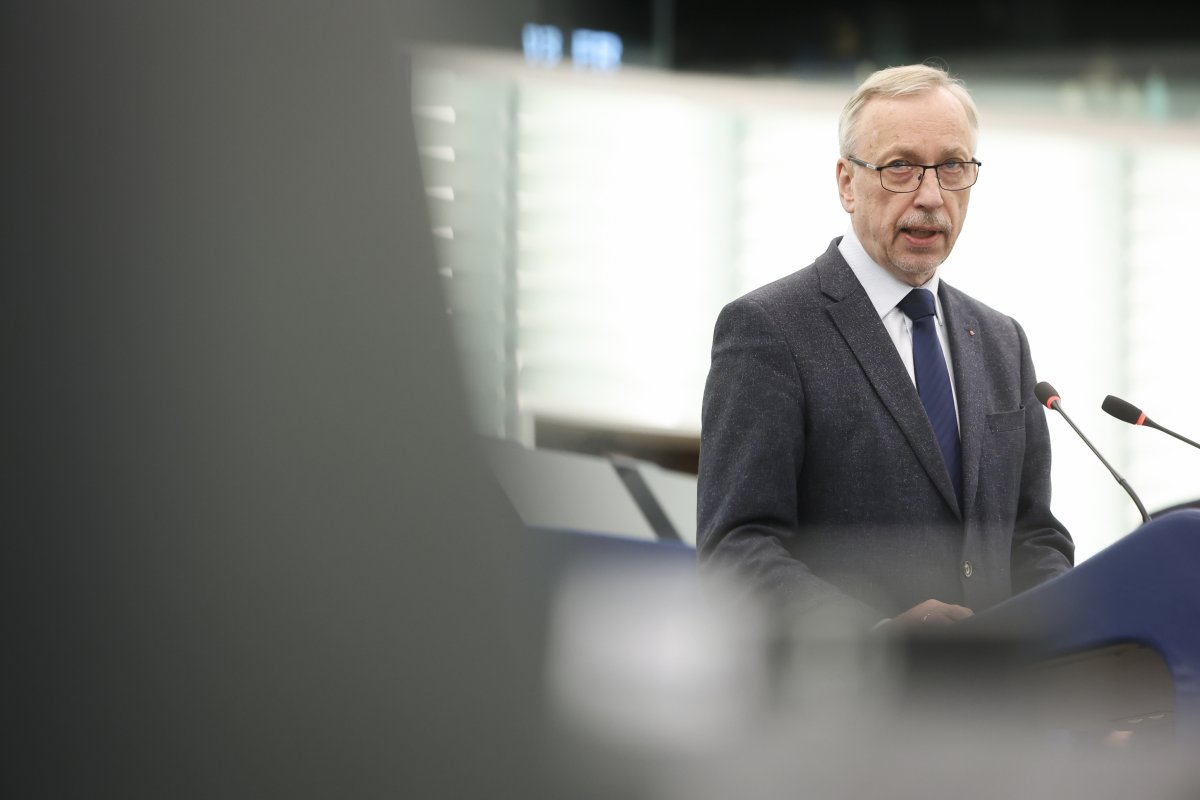
“While Creative Europe is not a large programme, it is very comprehensive, wide-reaching, and backed by well-functioning practices. I am a supporter of maintaining programmes which are effective.
Therefore, any changes should come with clear guarantees for reaching objectives, financing, and implementation. At this stage, such guarantees are lacking,” EPP MEP and CULT Coordinator Bogdan Zdrojewski said in a statement to Creatives Unite. “Fortunately, at this moment, we are only dealing with rumours, which hopefully will prove untrue. Of course, if necessary, the Members of the CULT Committee will address this issue and ask the responsible Commissioners for further clarification,” Zdrojewski claimed.
Hannes Heide: “No efficiency in merging CERV and Creative Europe”
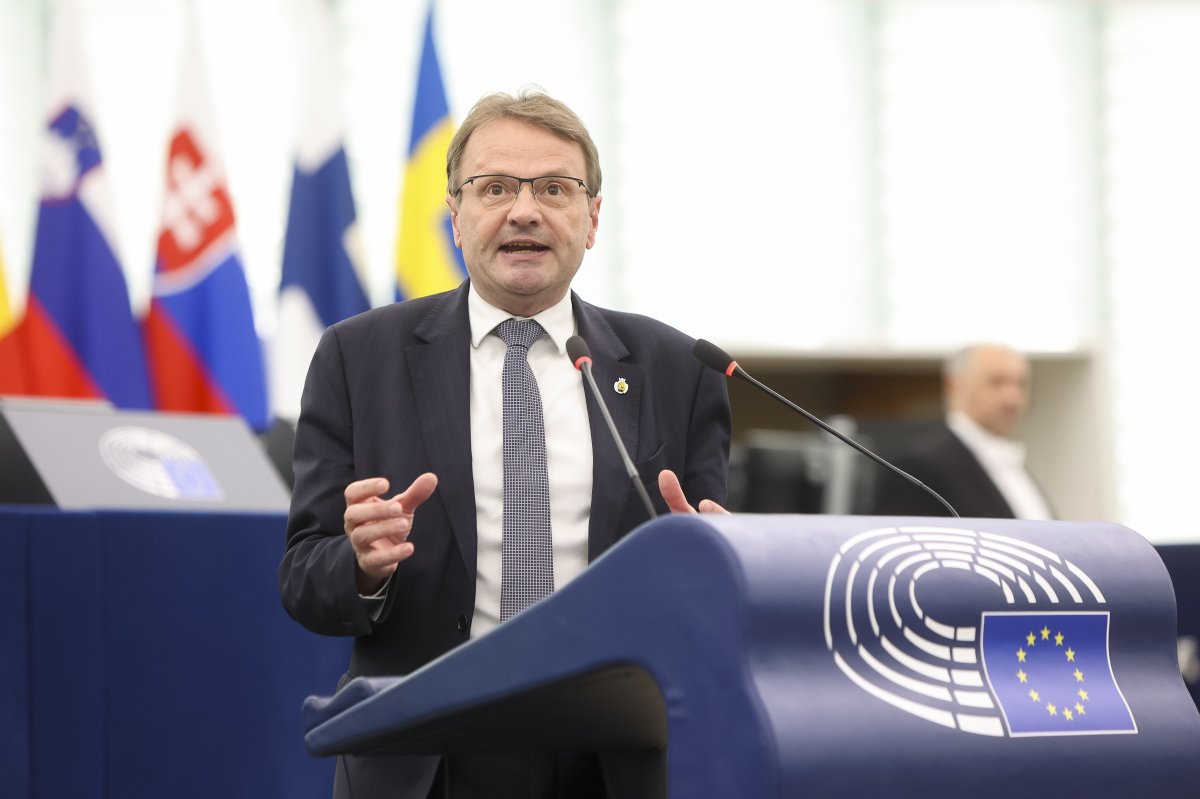 “We are worried about the possibility of a merger, but as of now, it’s only speculation. I do not see any efficiency in merging CERV and Creative Europe. I do not see the benefit.” S&D MEP and CULT Coordinator Hannes Heide said in an interview with Creatives Unite.
“We are worried about the possibility of a merger, but as of now, it’s only speculation. I do not see any efficiency in merging CERV and Creative Europe. I do not see the benefit.” S&D MEP and CULT Coordinator Hannes Heide said in an interview with Creatives Unite.
“I believe that Commissioner Micallef wants to strengthen Creative Europe. The programme needs more and better funding in the next MFF and should be strong and independent, not only because of its socio-economic factors, but also because it is important to safeguard EU values and democracy,” Heide concluded.
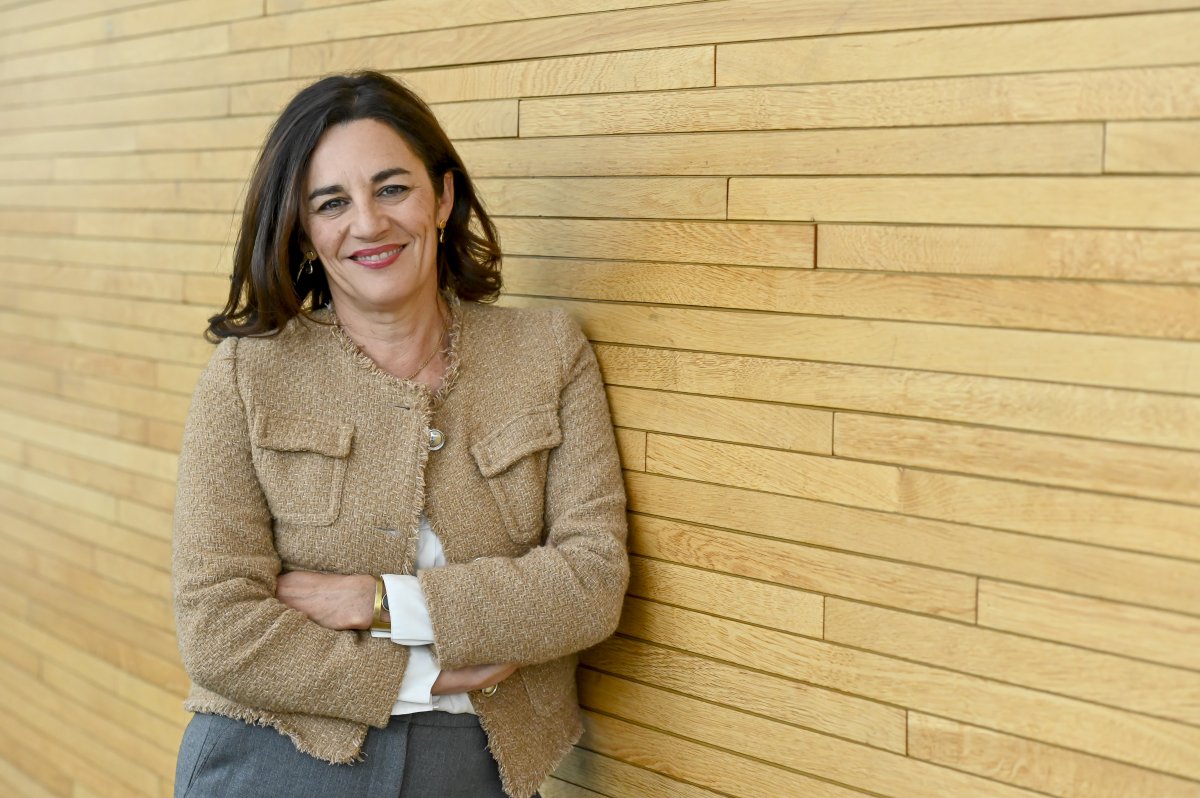
“It’s one of the smallest programmes in the entire EU budget. It’s crazy to attack it,” Renew MEP and CULT Coordinator Laurence Farreng argued at a high-stakes debate held at the Marché du Film on 15 May, in Cannes.
Farreng called for bold thinking and unity across the political spectrum – even hinting that certain factions on the far right may surprisingly support Creative Europe, seeing its value in defending European sovereignty.
She admitted that doubling the programme’s budget, an ambition floated during the panel, might be too optimistic. “Preserving what we already have is the first step,” she said, adding that the European Commission’s silence on cultural policy has been concerning. Farreng also pointed to geopolitical shifts, including the return of Donald Trump to the global conversation, as a chance to rally support for culture.
Diana Riba: “Creative Europe is more essential than ever”
“In a moment when Europe must strengthen its sovereignty and resilience across all fields, a programme like Creative Europe is more essential than ever. Having a dedicated, standalone programme and robust funding for culture more broadly is not just about supporting the creative sectors. It is an investment in resilience, in strategic vision, in democracy, in our shared values, and fundamental rights,” said Greens/EFA MEP and CULT Coordinator Diana Riba I Giner in a quote exclusively to Creatives Unite.
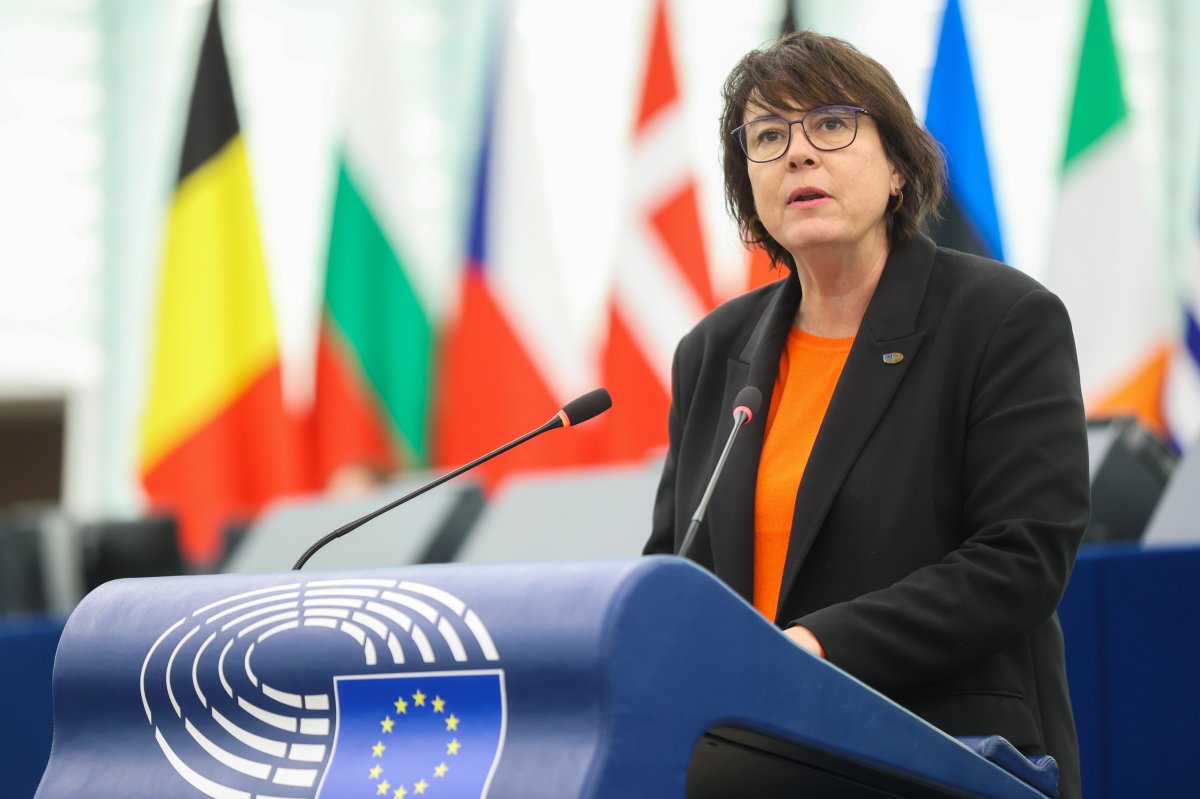
“We have long called on Member States to dedicate 2% of public budgets to culture. The EU must match that ambition. This is not only an investment in the cultural and creative sectors, but also in a more sovereign, cohesive, and future-oriented Europe,” she argued.
At LiveEurope’s Euphoria 2025 event on May 19th Culture Attaché Katarzyna Kuza from the Permanent Representation of Poland to the EU emphasised the priorities of the Polish Presidency, notably its commitment to supporting emerging artists saying that: “In the current context we are living in, it is essential to remember that culture is also a pillar of resilience for Europe.” At the same event held in Ancienne Belgique in Brussels, cultural policy expert Elena Polivtseva underlined that Creative Europe must remain a standalone programme to best serve the specific needs of cultural stakeholders.
Soon, the Commission will have to open its cards on the matter and explain its proposal, should it push forward a possible merger.








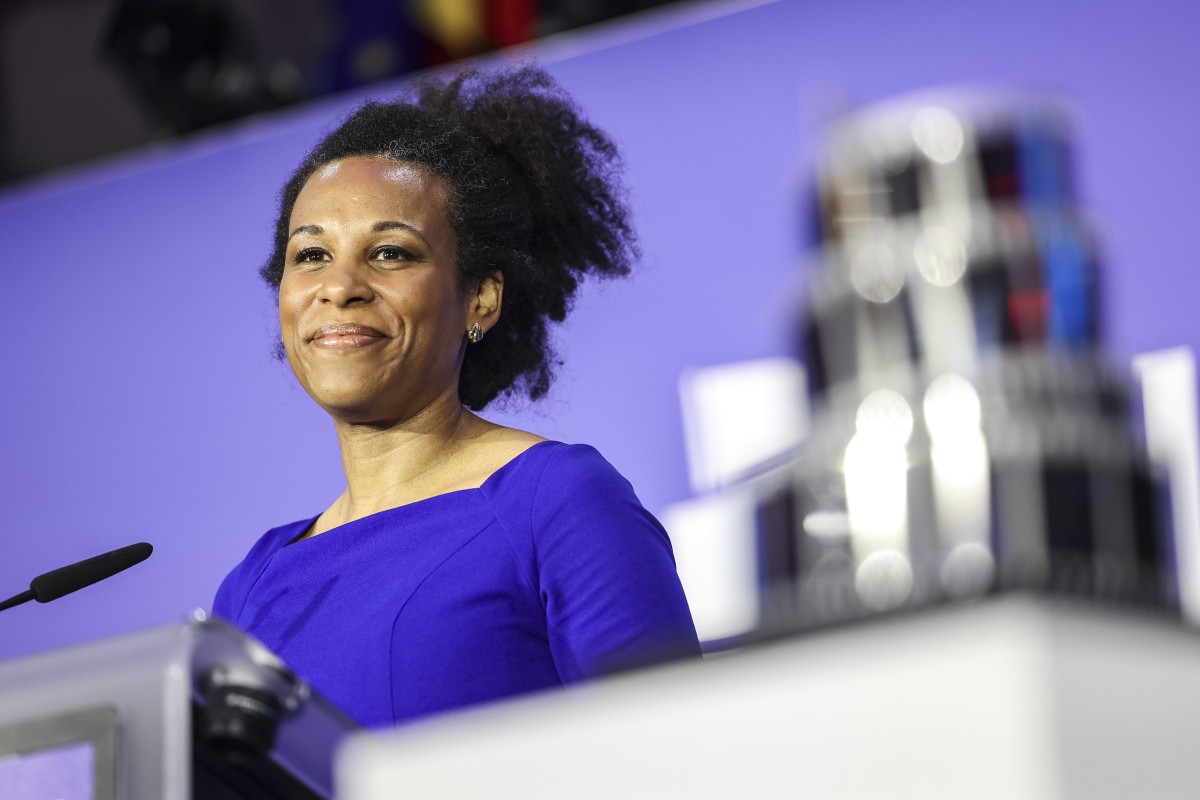

 “We are worried about the possibility of a merger, but as of now, it’s only speculation. I do not see any efficiency in merging CERV and Creative Europe. I do not see the benefit.” S&D MEP and CULT Coordinator Hannes Heide said in an interview with Creatives Unite.
“We are worried about the possibility of a merger, but as of now, it’s only speculation. I do not see any efficiency in merging CERV and Creative Europe. I do not see the benefit.” S&D MEP and CULT Coordinator Hannes Heide said in an interview with Creatives Unite.
